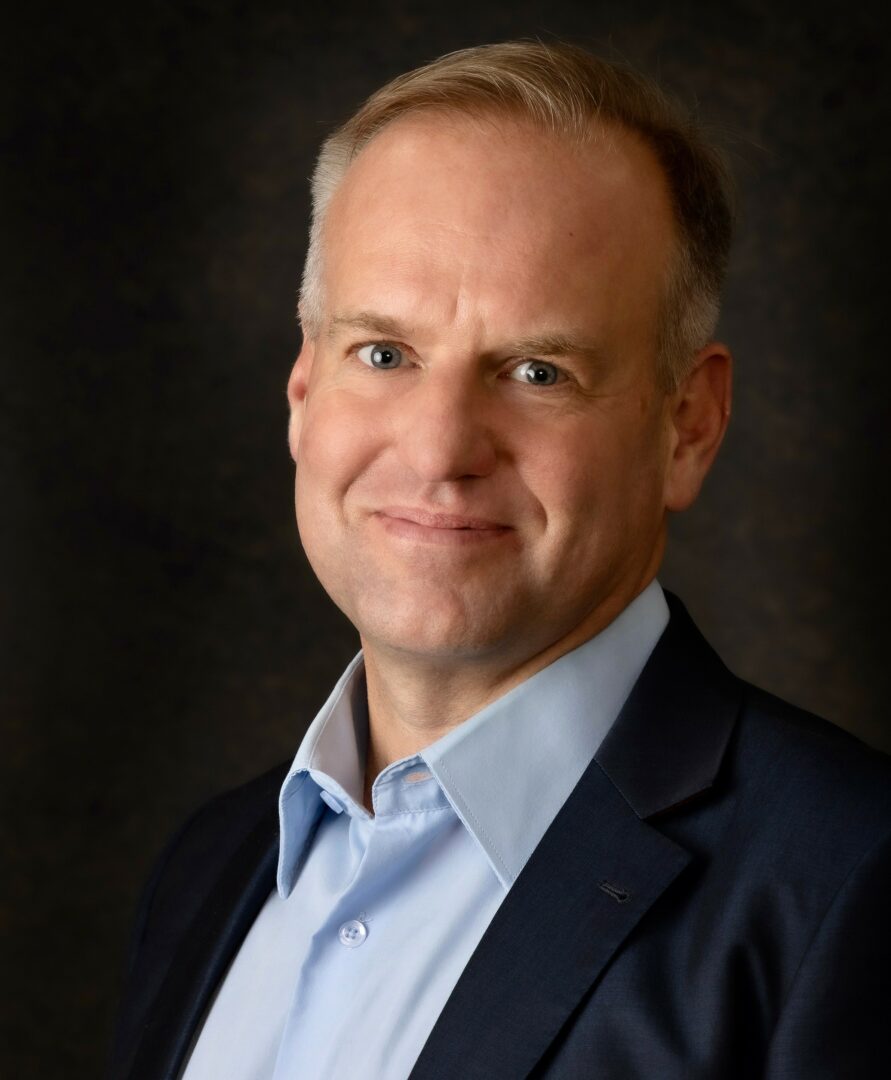We were lucky to catch up with Bob Ludke recently and have shared our conversation below.
Bob, so happy to have you with us today. You are such a creative person, but have you ever had any sort of creativity block along the way? If so, can you talk to us about how you overcame or beat it?
I have published two books (Transformative Markets and Case Studies in Disability-Driven Innovation) and a number of 20+ page white papers on topics ranging from sustainable investing best practices to advancing disability employment. I have developed three methods to overcome and beat writers block.
First, when in doubt, just write. That was the advice I was given before I started my first book and it is the best advice I have received about writing. A book is not going to write itself. You have to do it – every word of it. As such, there is only one path forward – the act of writing. The words may not be perfect and the prose may not be brilliant. But the act of writing is a far better alternative than doing nothing and getting stressed about the road ahead.
Second, and despite that above admonition, I have to acknowledge that, on some days, the writing just isn’t going to happen. But that does not mean I panic or force myself to write. Nor do I allow myself to get into a negative mindset. Instead, I move on. I accept that “today isn’t my day for writing” and find other things to do.
Third, I give myself credit for engaging in work that is critical for the book – and for writing the book. Some productive activities I focus on when I have writers block is to 1) do additional research; 2) reach out to people I want to interview; and 3) re-read what I have written for grammar, flow, typos, etc. All of those activities are just as important as the actual writing of a document. Plus, I find they often spur creative thinking which, in turn, helps me get over my writers block.
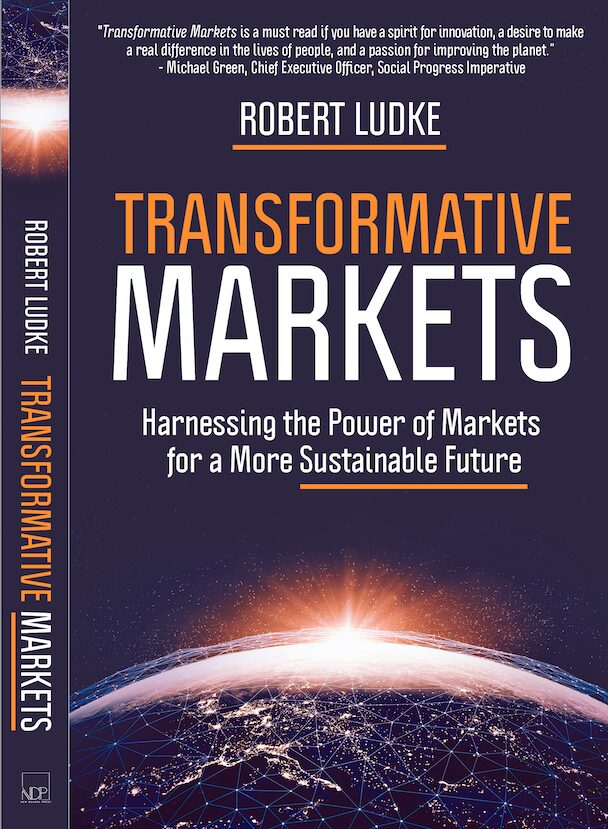
Appreciate the insights and wisdom. Before we dig deeper and ask you about the skills that matter and more, maybe you can tell our readers about yourself?
At the moment, I am most excited about my recently published book, Case Studies in Disability-Driven Innovation. A book like that has never before been written. The book challenges conventional thinking and reveals how disability fuels ingenuity, resilience, and business success. Through real-world case studies, Case Studies in Disability-Driven Innovation highlights how individuals, entrepreneurs, and corporations are harnessing the unique perspectives of people with disabilities to create ground-breaking solutions, expand markets, and drive meaningful social change.
I like to think that the book provides a roadmap for leaders, investors, and advocates eager to unlock the full potential of disability-driven innovation. The stories in it demonstrate that when businesses embrace accessibility, they don’t just benefit people with disabilities—they create products and services that enhance everyone’s lives. I also appreciate the amazing journeys many of the people in the book have embarked upon. They are models of courage, innovation, and resilience.
One area of focus going forward is to grow my speaking business. Because disability-driven innovation creates value for all, I want to more actively share how it can be fostered across society. I have an actionable roadmap for organizations of all kinds to follow, and I am excited to share it.
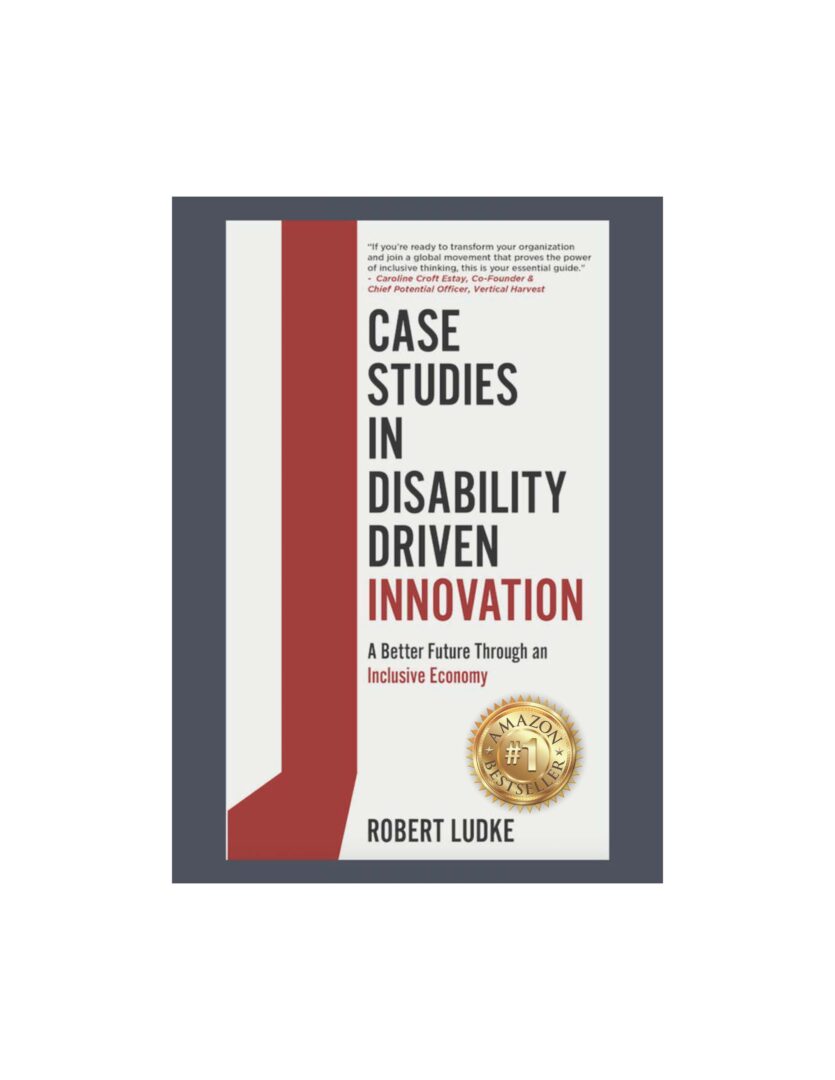
If you had to pick three qualities that are most important to develop, which three would you say matter most?
The three most important qualities and skills I have are:
1. A varied set of life experiences. I have lived below the poverty line while doing service work in Oregon, I have taught at a university in Nairobi, Kenya, I have worked for senators and congressmen, and I have led many very high profile, high stakes corporate crisis engagements. I also launched my own consultancy (Ludke Consulting) focused on helping companies operate in a more sustainable and responsible manner and co-launched another (Value Inclusion) that engages with organizations of all kinds to employ persons with disabilities in a way that creates real value. Those experiences have given me a multitude of perspectives and increasingly help me stay in the present. I have learned that crises always pass, tough days will get better, and a lot of confidence can come from embarking upon your own journey.
2. An ability to write concisely and clearly. My first “real job” was a legislative correspondent for US Senator Tom Harkin. In that role I answered constituent mail (a very, very high priority in that office) on complex topics like budget and tax policy. I had to write short yet effective letters that provided a meaningful answer to the constituent. Every word was at a premium and there was no room for long, run-on sentences. That was a great first experience. Today, AI can be a huge help. While I never use AI tools to do my writing for me I often use them to ensure that my sentence structure is effective, the writing is clear, and the thoughts are to the point. AI is very good in that regard!
3. A slowly-growing ability to be patient. For a long time in my career I was known for having little patience. My colleagues either understood the issue and knew how to attack the challenge or they did not. If they proved themselves unable to meet those challenges I had no desire to have them on the team. That mindset was very much a contradiction of me being known and praised for being an excellent mentor. But when the lights came on and it was time to perform, I expected 100% effort. I have come to realize that we all work and process information differently and, as such, I am trying very hard to grow and improve in that regard. I want to be more patient with people so their true talents and abilities can flourish.
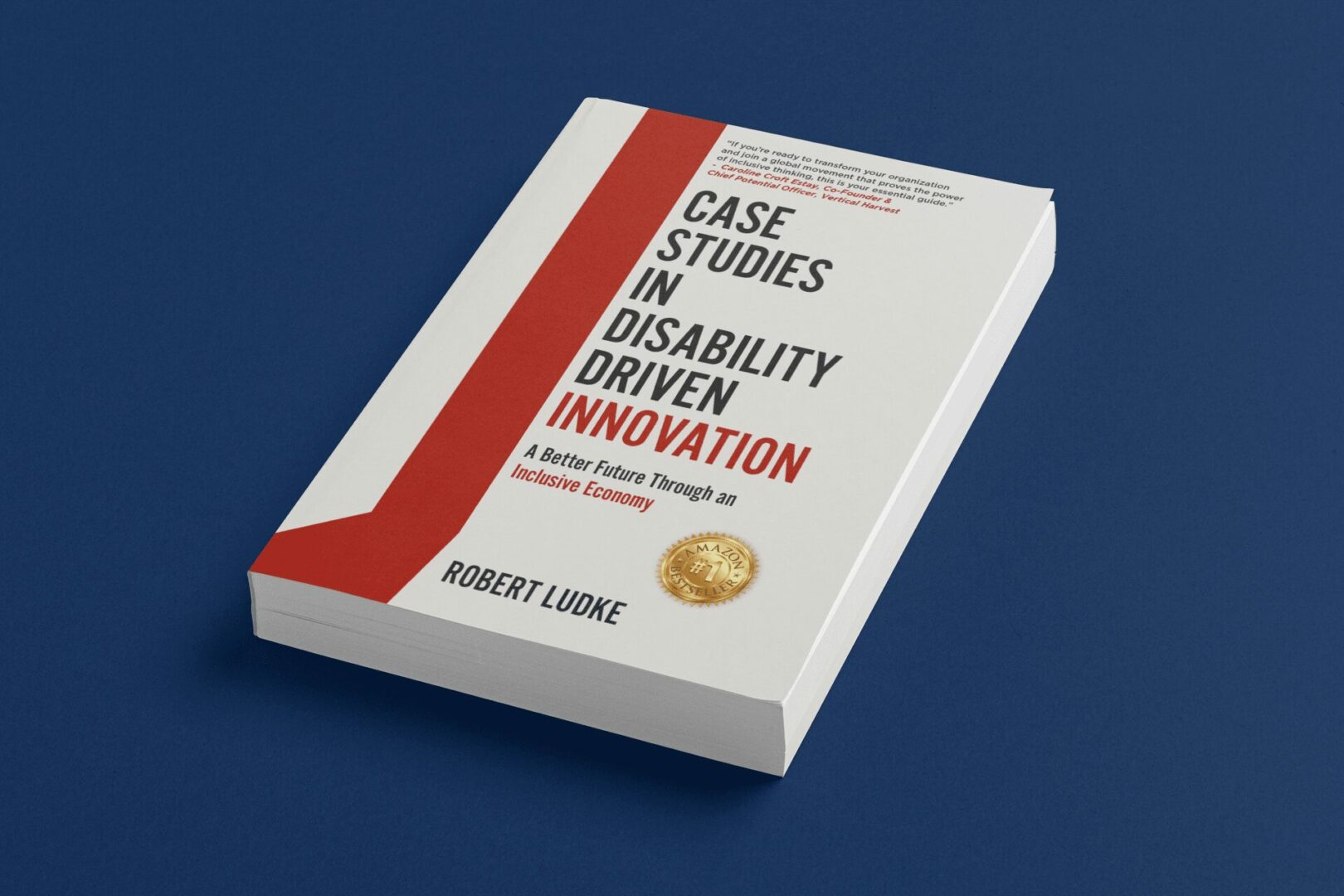
Any advice for folks feeling overwhelmed?
When I feel overwhelmed with a task I break the task down into small, tangible steps. My focus is on achieving each step first and then moving onto the next step. That helps me gain momentum and confidence. I also force myself to step back and ask myself, “Where is the stress or pressure coming from?”. I find that by identifying those “pain points” I have, in turn, identified the steps that are most in need of action. All of that helps keep me grounded and focused instead of stressed and overwhelmed.
Contact Info:
- Website: https://www.ludkeconsulting.com
- Instagram: @bobludke
- Linkedin: https://www.linkedin.com/in/rludke/
- Other: https://www.valueinclusion.com
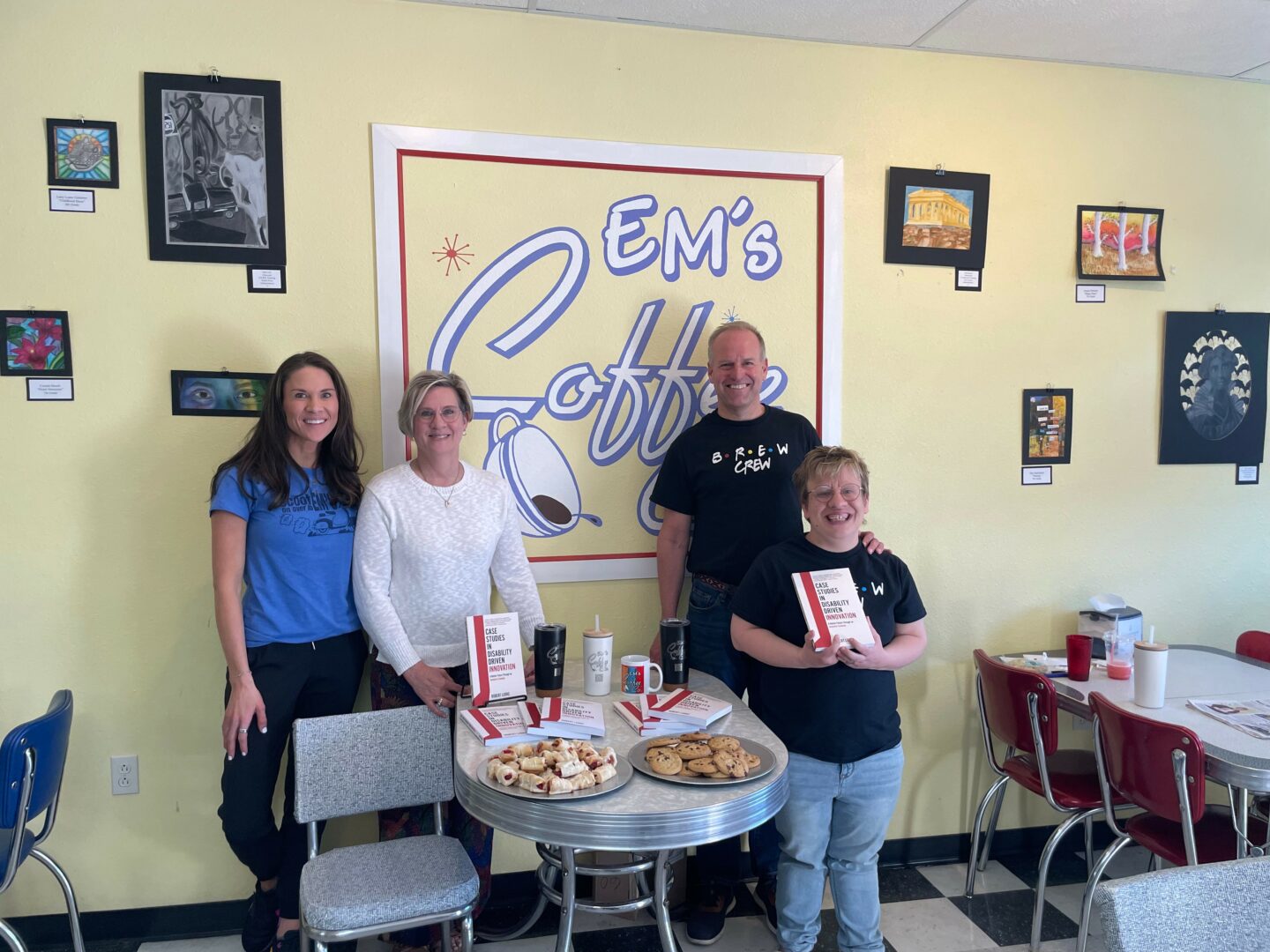

Image Credits
All credits are to Robert Ludke
so if you or someone you know deserves recognition please let us know here.

